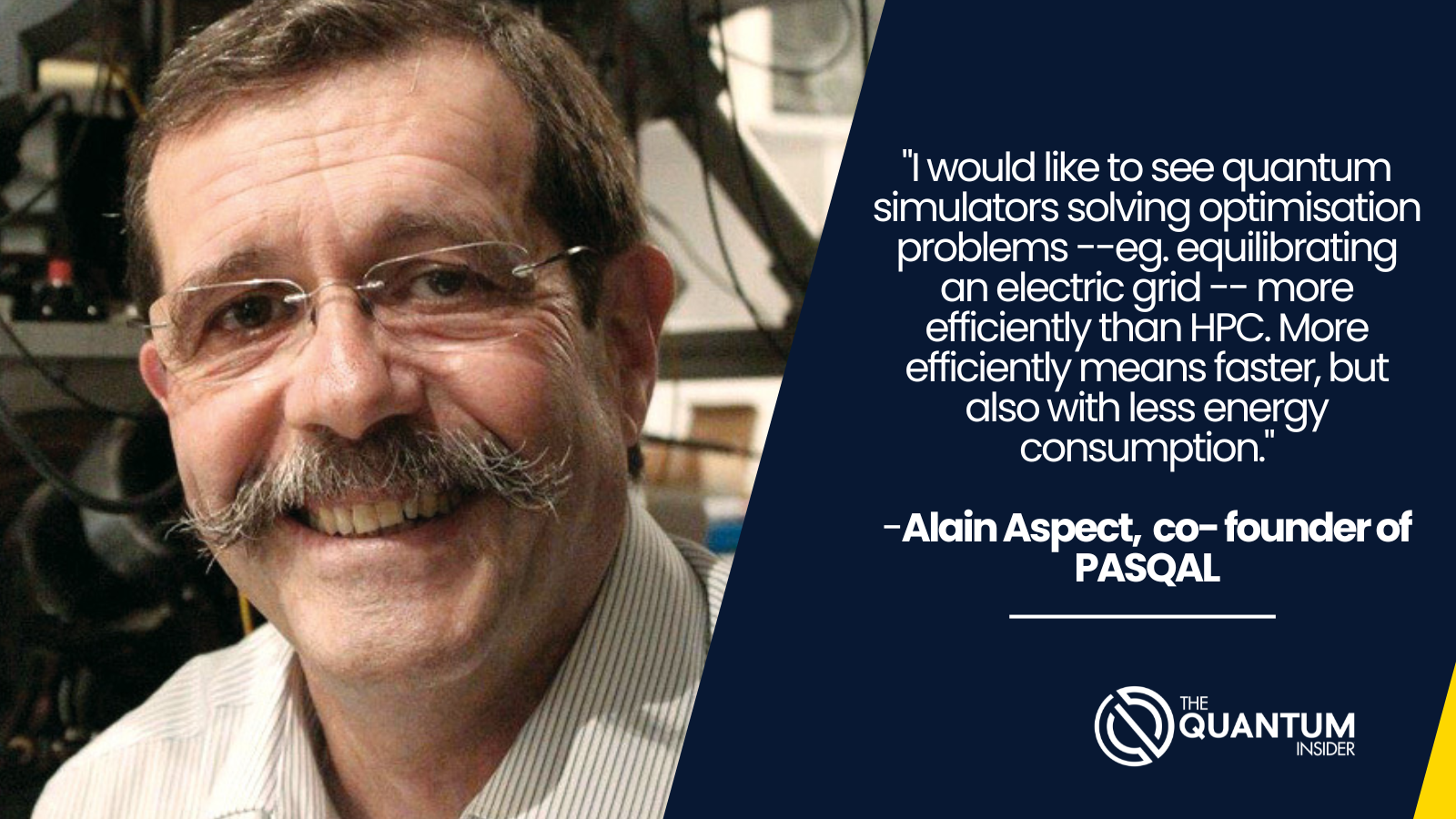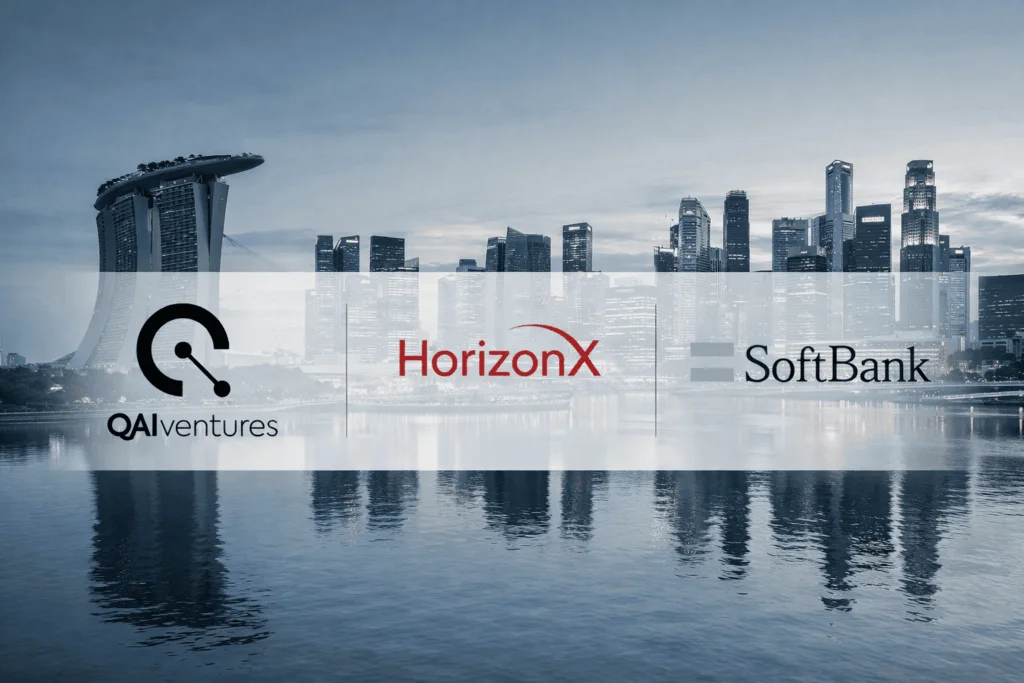Alain Aspect is a French physicist whose ground-breaking work quantum entanglement later led to the 2022 Nobel Prize in Physics, awarded jointly with John Clauser and Anton Zeilinger. Dr. Aspect, in addition to being a member of the French Academy of Sciences and French Academy of Technologies, and a professor at the École Polytechnique, is co-founder of Pasqal. The neutral atom quantum computing company announced that it secured a €100 million equity Series B
The Quantum Insider is privileged to have had a chance to interview Dr. Aspect.
TQI: Reading about your experiments in the 1980s inspired me to later write about quantum science. I was wondering if you ever had an idea that these pioneering studies would lead to what is now an important, rapidly emerging industry. What motivated your early explorations?
Alain Aspect: My motivation was purely fundamental. Settling a debate between Bohr and Einstein was a fantastic perspective for the young physicist I was. When I completed these experiments, I had the feeling that I had closed a chapter of quantum physics, and it was time to pass to something else. I did it in 1985 when I joined Claud Cohen-Tannoudji (Nobel laureate 1997) to develop methods of controlling atoms with lasers. The first time when I heard about applications of “my” entangled photons was Artur Ekert, in 1990, who explained to me his idea of quantum cryptography with entangled photons. I was enthusiastic, and from that time I always encouraged my young collaborators to think about applications. They have done it, and many of them are in Pasqal or in its environment.

TQI: What makes Pasqal uniquely suited to carry on this legacy and turn quantum science into quantum applications?
Dr. Aspect: Many researchers and engineers in Pasqal have been trained in laboratories continuing these fundamental studies at the cutting edge. For instance in the laboratory of my former grad student Antoine Browaeys, who accumulates world première after world première. They keep in contact with the most recent advances, and are in a perfect environment to translate them into a “easy to use” piece of equipment.
TQI: What are some potential real-world applications of quantum computing that interest you the most?
Dr. Aspect: I would like to see quantum simulators solving optimisation problems –eg. equilibrating an electric grid — more efficiently than HPC. More efficiently means faster, but also with less energy consumption.
“History of inventions (eg transistor, laser, optical fibers) show that when there is a need and a market, engineers are extraordinary good at fighting noise, this is why I am confident.”
TQI: Could you give us an idea of the challenges that remain in quantum and your confidence in overcoming these hurdles?
Dr. Aspect: As always, it is a matter of limiting the bad effect of noise, which can be done either by screening from noise sources, or by finding a new way to proceed more insensitive to noise. Usually both approaches are necessary. History of inventions (eg transistor, laser, optical fibers) show that when there is a need and a market, engineers are extraordinary good at fighting noise, this is why I am confident.
TQI: What advice would you give a budding quantum scientist or quantum entrepreneur who is hoping to join this field?
Dr. Aspect: If he/she is deeply attracted by the domain, he/she should go without too much thinking and hesitation, because things are totally open and we have no idea of how it will evolve in the coming years. But it is sure that all the efforts that are invested will give interesting results, many unexpected. So better be in the action rather than observing it.
For more market insights, check out our latest quantum computing news here.














